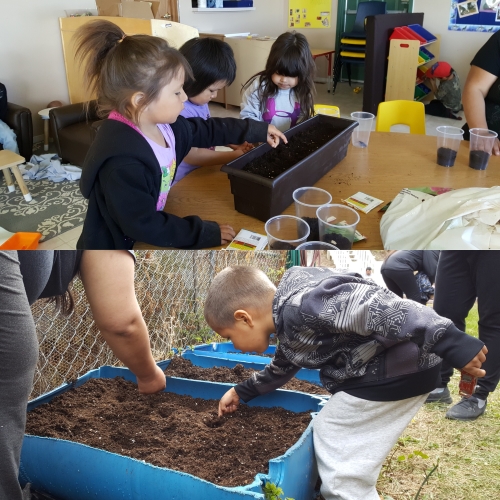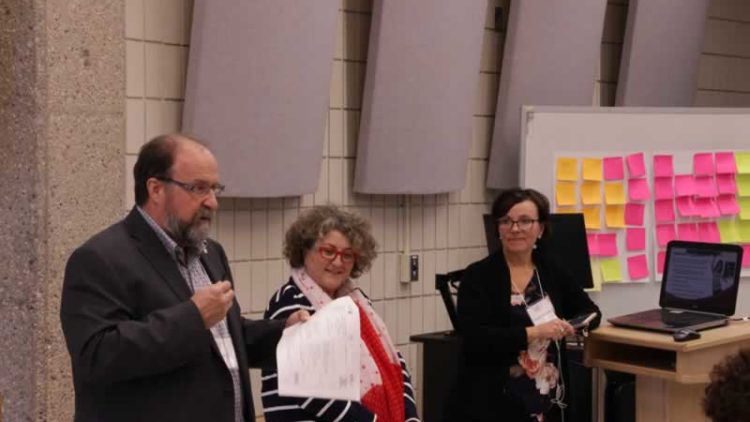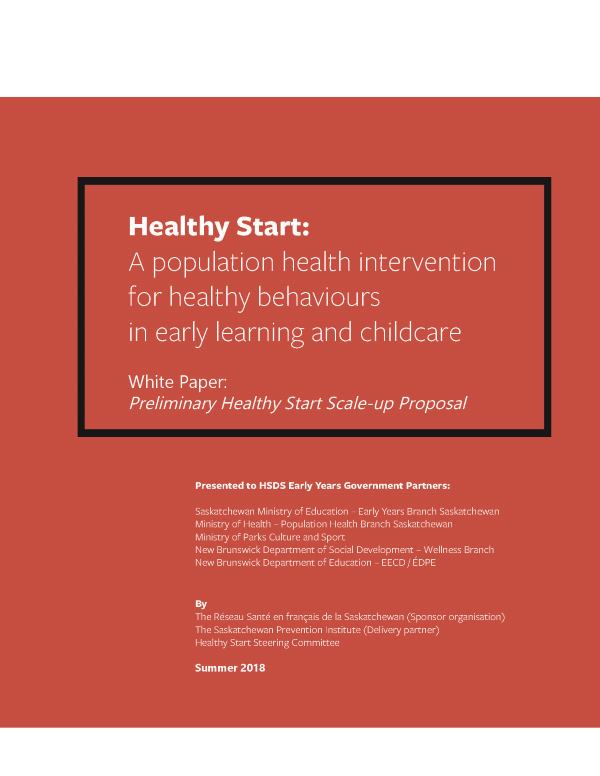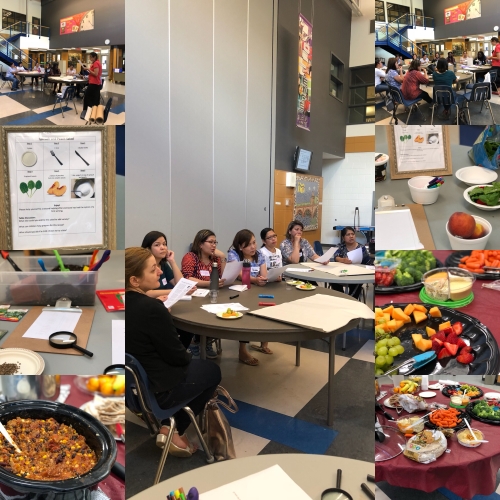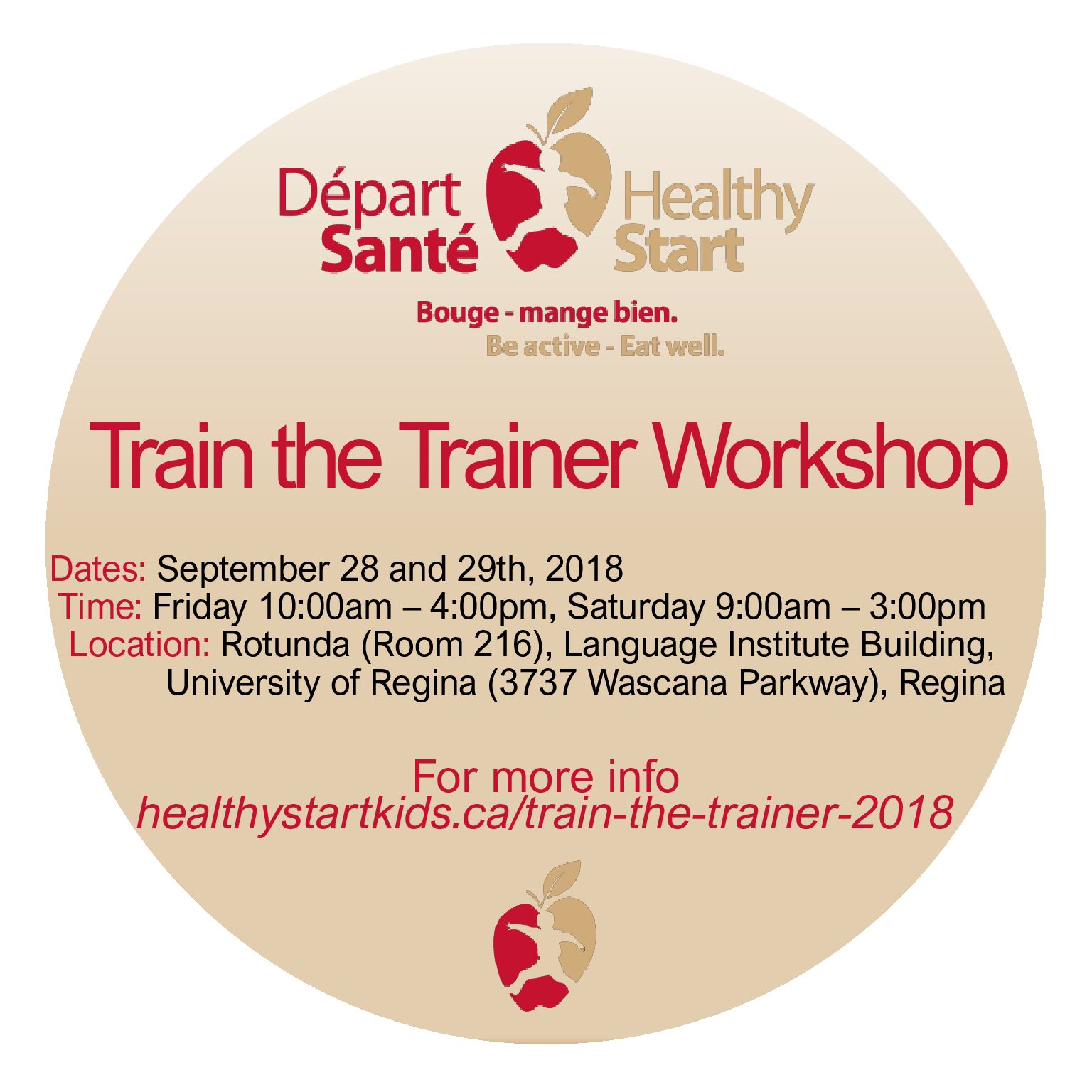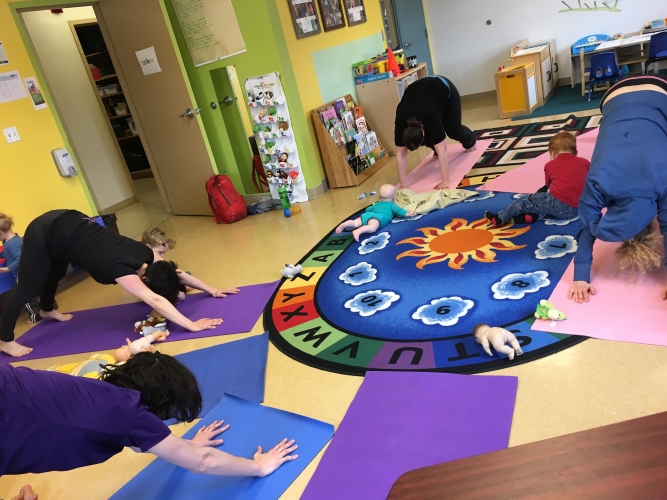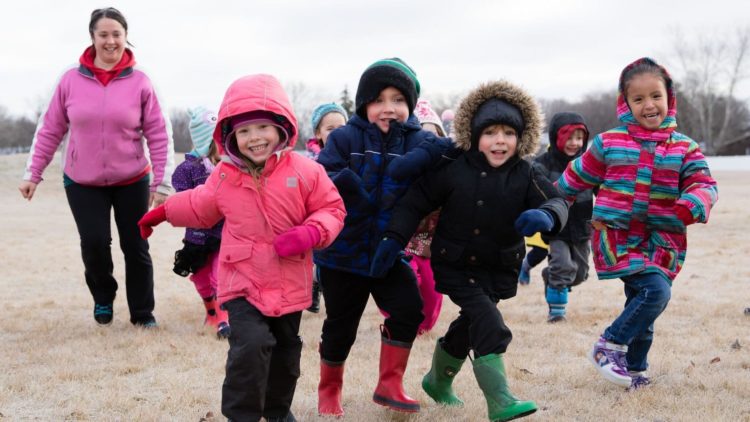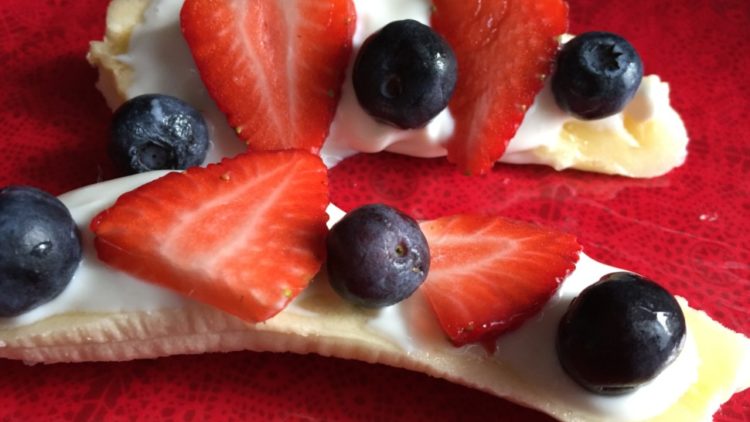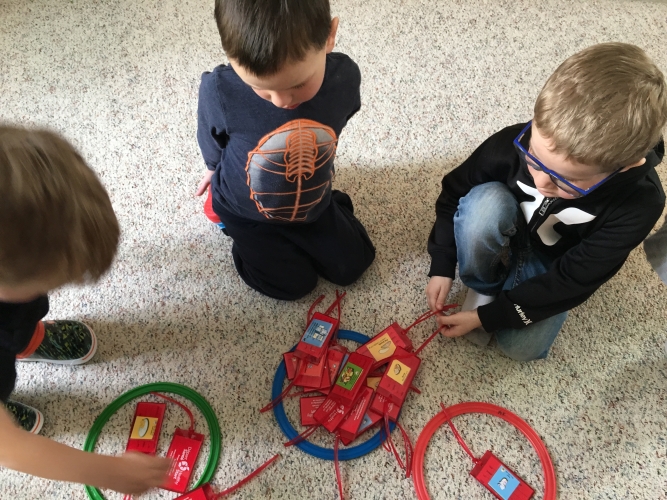Healthy Start visits Pelican Narrows, Deschambault Lake, and Sandy Bay
In May, one of our Implementation Coordinator, Erica Stevenson, traveled to Pelican Narrows and Deschambault Lake (over 1300 KM round trip in the span of 5 days) for booster sessions (follow up visits a few months following the initial HSDS Training). On her first impression of these communities, Erica note: “The first thing that really stands out to me is how remote these communities are and how many people are in these communities. I was surprised to learn that there is over 1900 people in Pelican Narrows, over 690 people in Sandy Bay and over 1000 people in Deschambault Lake.” (Statistics Canada 2016) During her trip, our Implementation Coordinator met with child care directors/coordinators, educators, parents, and health professionals in Pelican Narrows, Deschambault Lake, and Sandy Bay. She also observed some challenges regarding healthy eating, namely, the very little variety of healthy foods in the stores for such a big population. Most of the food is packaged items that is ready to eat and will last on a shelf for weeks to months. Fresh food is brought in weekly by truck and cost is higher for foods with shorter shelf life. She adds “One of the stores I viewed had only 8 jugs of milk in the cooler which had me thinking that they don’t sell many or they only buy a certain amount per week. I had family advise me to bring all my own food from the city to save on costs.” She also noted that growing gardens in the ground is impossible due to the rocky terrain as well as too much silica which is not ideal for growing food. On the other hand, these communities had also found their own ways to overcome these challenges. Consequently, because nature surrounds them, it continues to be a part of their daily life, including hunting, fishing, trapping and foraging plants and berries. In addition, there was an interest in learning how to garden in each of the communities. So, during her visit, Erica created an opportunity for the children, their families and the community professionals to come learn and share their experience with one another. In Pelican Narrows, the gardening took place in raised planter containers provided by the Health Centre in their community garden and in Deschambault Lake, they planted bean and sunflower seeds in individual cups for children and their families to take home as well as a spinach garden for the centre. Finally, discussions have started in Sandy Bay to potentially have HSDS back in May 2019 for a community workshop and possibly lend a helping hand to community members to plan a community garden. Regarding physical activity, Erica adds: “The children in Sandy Bay were very excited and had so much energy. We did a variety of activities indoors and eventually had to get outside on a cool spring day to release even more energy. The staff and parents that attended were really great and engaged with the children in many active games.” While reflecting on her time in Northern Saskatchewan, Erica notes: “My favorite part of the trip was to see families cautious around the soil transition to become more familiar as they learned more about the process. The children and their families cautiously touch the soil at first, carefully selected their seeds and safely cover them with soil. After a few minutes, most of the children really enjoyed touching the soil.” She ends with: “I hope that these communities keep planting seeds and trying the foods they grow. To me, it is a rewarding feeling to eat something you cared for and starting from a tiny seed. It is more rewarding to share that knowledge and experience with others.”
